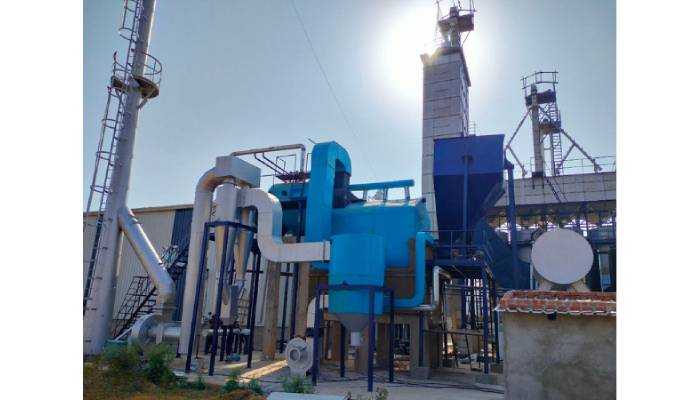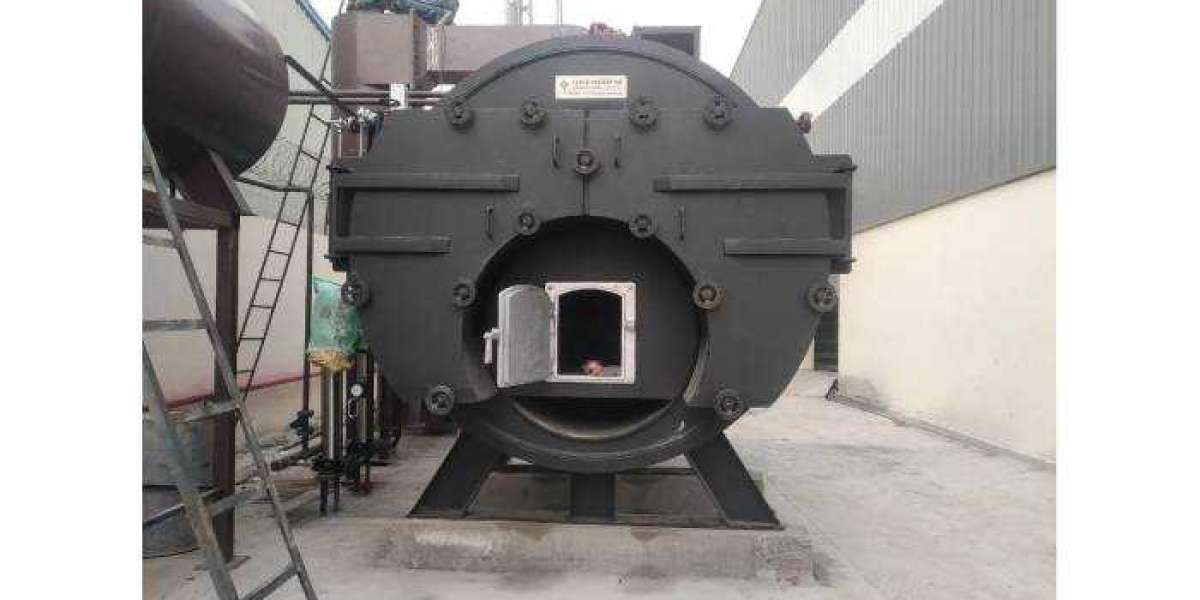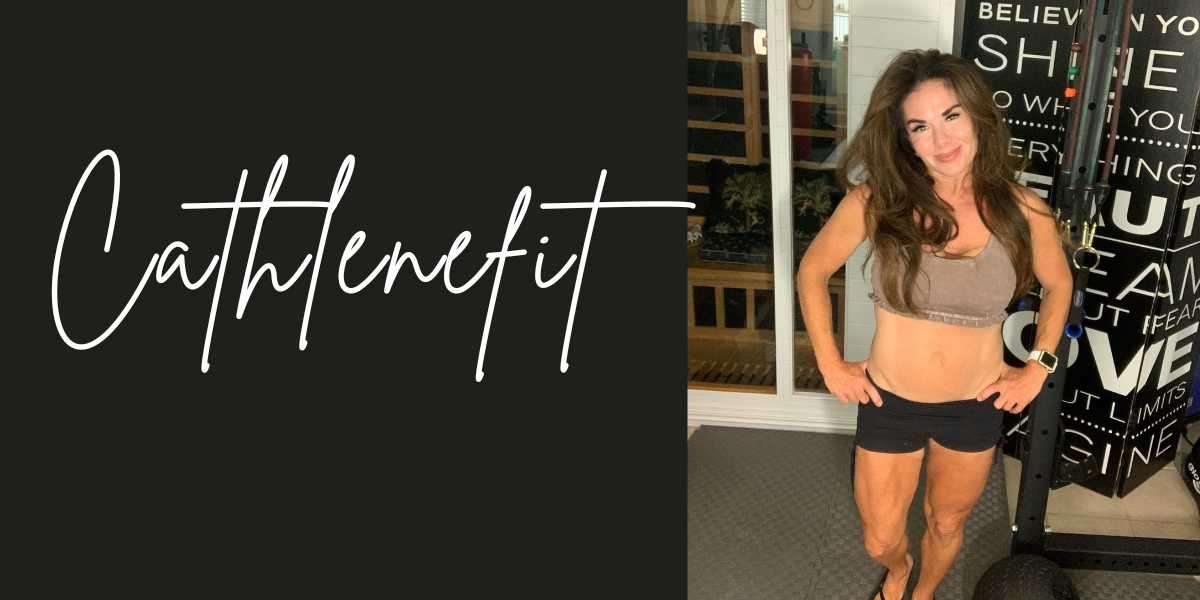Selecting the right oil-fired steam boiler is crucial for the efficiency, safety, and cost-effectiveness of industrial operations. Steam boilers are essential for various industries, from food processing and pharmaceuticals to chemical manufacturing and power generation. With many options available, understanding the specific needs of your industry and evaluating boiler features is critical to making the best decision.
Understand Your Industry’s Requirements
Each industry has unique needs for steam production. Before selecting an oil fired steam boiler, it’s essential to assess the following:

a) Steam Output Requirements
- Determine the amount of steam your operations require per hour. For instance, small-scale food processing may need less steam compared to large-scale textile manufacturing.
b) Operating Pressure
- Industries such as chemical manufacturing might require high-pressure steam, whereas low-pressure steam might suffice for applications like space heating.
c) Application-Specific Needs
- For example, the pharmaceutical industry often demands boilers with advanced controls to maintain precise temperature and pressure levels for sterilization.
Evaluate Boiler Capacity and Efficiency
The efficiency and capacity of an oil-fired steam boiler can significantly impact your operational costs and carbon footprint.
a) Boiler Capacity
- Measure the boiler’s output in British Thermal Units (BTUs) or horsepower. Choose a boiler with adequate capacity to meet peak demand without overloading or inefficiency.
b) Thermal Efficiency
- Look for boilers with high thermal efficiency ratings (typically above 85%). Higher efficiency translates to lower fuel consumption and reduced operational costs.
c) Fuel Consumption
- Analyze the fuel consumption rate to ensure cost-effectiveness, especially if your industry requires continuous operation.
Fuel Type and Availability
a) Oil Type Compatibility
- Ensure the boiler is compatible with the type of oil you plan to use, such as heavy fuel oil, light oil, or biodiesel.
b) Fuel Storage and Delivery
- Consider storage space for fuel and delivery mechanisms to ensure uninterrupted operation. Adequate storage prevents downtime during peak usage.
c) Alternative Fuel Options
- Some boilers offer dual-fuel capabilities, allowing you to switch between oil and natural gas. This flexibility can provide cost savings during fuel price fluctuations.
Assess Design and Construction
a) Material Quality
- Opt for boilers made of durable materials such as stainless steel or high-grade cast iron to withstand high-pressure and high-temperature operations.
b) Heat Exchanger Design
- A well-designed heat exchanger improves heat transfer efficiency and reduces fuel consumption.
c) Compact Design
- Industries with space constraints should consider compact boilers that maximize efficiency without occupying excessive floor space.
Prioritize Safety Features
Safety is paramount in industrial environments. Look for the following features:
a) Pressure Relief Valves
- These valves release excess pressure to prevent boiler explosions.
b) Automated Controls
- Automated safety controls such as flame detectors, low-water cutoffs, and pressure switches minimize the risk of accidents.
c) Compliance with Standards
- Ensure the boiler meets industry safety standards and certifications, such as ASME (American Society of Mechanical Engineers) and CE (Conformité Européenne).
Evaluate Maintenance and Lifecycle Costs
A cost-effective boiler is not just about the purchase price; it’s also about long-term maintenance and operational expenses.
a) Maintenance Requirements
- Select a boiler with user-friendly designs that simplify cleaning and routine inspections.
b) Spare Parts Availability
- Ensure spare parts are readily available to minimize downtime during repairs.
c) Total Cost of Ownership
- Calculate the boiler’s lifecycle costs, including fuel, maintenance, and potential downtime, to determine overall value.
Consider Advanced Technologies
Modern oil-fired steam boilers come equipped with advanced features that improve efficiency and ease of use.
a) Digital Controls
- Boilers with digital control panels allow for precise monitoring of temperature, pressure, and fuel usage.
b) Remote Monitoring
- Some models offer remote monitoring capabilities, enabling real-time adjustments and troubleshooting.
c) Energy Recovery Systems
- Look for boilers with economizers or other energy recovery systems to maximize efficiency and reduce fuel costs.
Research Manufacturer Reputation
Choosing a reputable manufacturer ensures you receive a reliable, high-quality boiler.
a) Customer Reviews
- Read reviews and testimonials to gauge customer satisfaction.
b) Warranty and Support
- Opt for manufacturers that provide comprehensive warranties and excellent customer support.
c) Industry Experience
- Established manufacturers with experience in your industry are more likely to understand and meet your specific needs.
Factor in Environmental Regulations
Compliance with environmental regulations is increasingly important.
a) Emission Standards
- Choose a boiler with low NOx (nitrogen oxide) and SOx (sulfur oxide) emissions to comply with air quality regulations.
b) Energy Efficiency Standards
- Look for ENERGY STAR®-rated boilers to ensure compliance with energy efficiency guidelines.
c) Waste Management
- Some boilers feature systems to manage and recycle waste heat or condensate, reducing environmental impact.
Seek Professional Guidance
Consulting with a boiler expert or supplier can help tailor your choice to your industry’s specific requirements.
a) Site Assessment
- Professional assessments can determine the best boiler size, type, and configuration for your facility.
b) Custom Solutions
- Some manufacturers offer custom-designed boilers to meet unique operational needs.
Conclusion
Choosing the right oil-fired steam boiler involves careful consideration of your industry’s requirements, boiler efficiency, safety features, and environmental compliance. By thoroughly evaluating these factors and seeking expert advice, you can select a boiler that ensures reliable and cost-effective steam production for your operations. Investing in the right boiler is a long-term commitment to productivity, safety, and sustainability.








